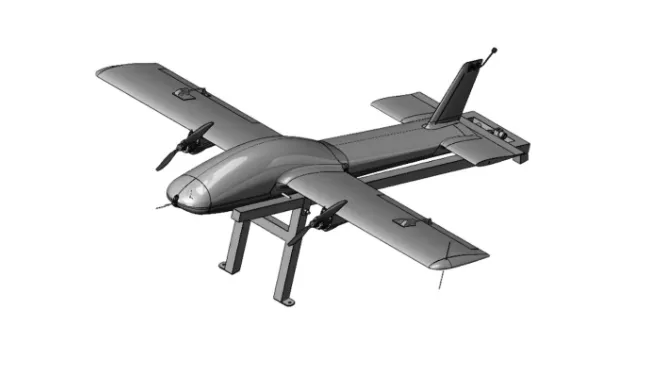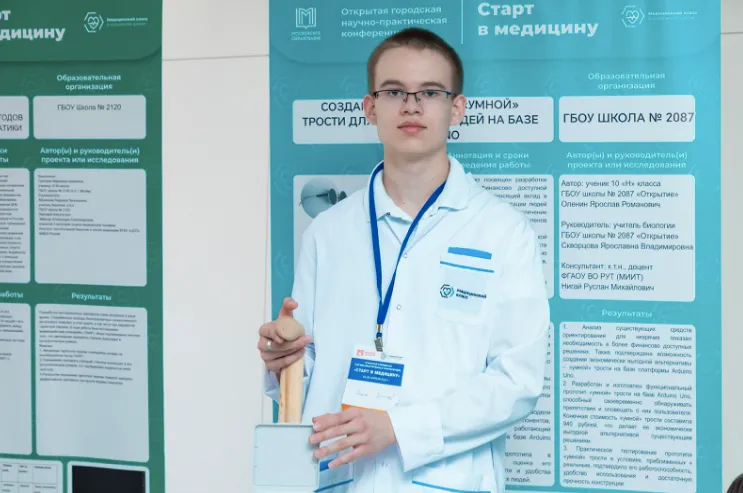Russian Scientists Develop a Breakthrough Material for Next-Gen Electronics

A new boron arsenide-based composite developed by Russian researchers could revolutionize cooling systems in quantum computing, aerospace, and military electronics.
Researchers at Penza State University have created an innovative material based on boron arsenide that efficiently dissipates heat from digital and electronic devices. According to Russia’s Ministry of Science and Higher Education, the development has the potential to replace expensive materials currently used in high-tech industries, particularly in quantum computing, space engineering, and military-grade electronics.
Modern processors and microchips often suffer from overheating. Traditional cooling materials like copper, aluminum, and diamond either fall short in thermal performance or are prohibitively expensive. Boron arsenide, on the other hand, exhibits thermal conductivity comparable to diamond but is significantly more cost-effective to manufacture.
The Penza research team tested six material variations—pure boron arsenide and its composites with aluminum, copper, iron, silver, and a multicomponent alloy. They also developed unique computational modeling techniques to predict how the material behaves under different thermal and mechanical conditions. These simulations reduce the need for extensive physical testing, saving time and resources.
According to graduate researcher Egor Vershinin, the new material could be integrated into printed circuit boards and microchips, or used independently as a heat sink. The innovation promises to significantly boost the energy efficiency and reliability of next-generation electronics, potentially enhancing Russia’s position in global high-tech development.









































